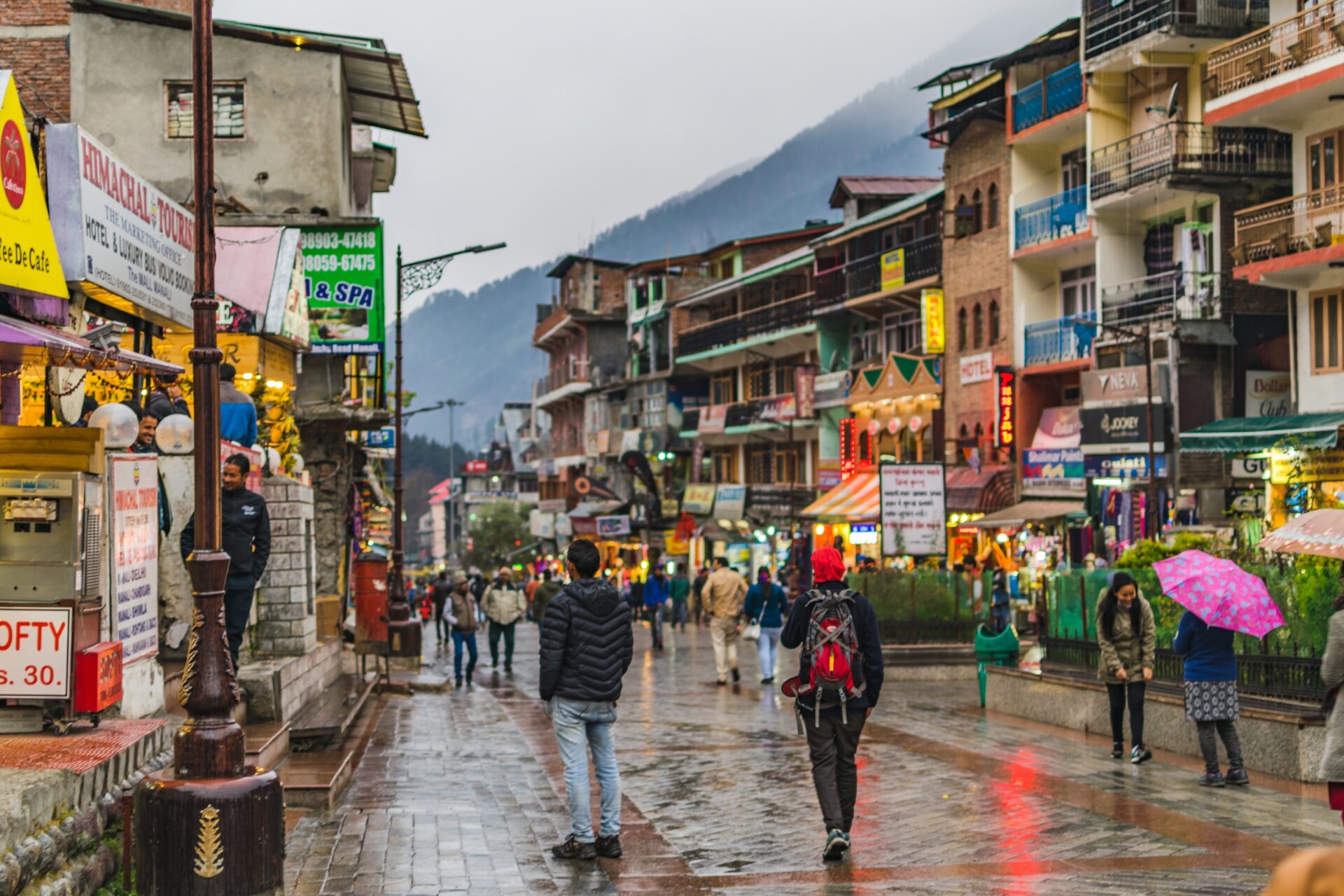For 22-year-old Saeeda, an Afghan student who has been pursuing her Masters in Information Technology at Panjab University, continuing her education without any scholarship is getting tougher every day. “Four years ago, when I came to India to pursue my undergraduate, I used to receive a scholarship from the ICCR [Indian Council of Cultural Relations]. Even when I got admitted to pursue my post-graduation, ICCR extended my scholarship. But they suddenly stopped it in 2022,” Saeeda told Inkstick.
The ICCR is an independent organization under India’s Ministry of Foreign Affairs and was created to strengthen cultural ties between India and other countries through a broad range of activities, including scholarships like the one Saeeda had.
The sudden cut in Saeeda’s funding has geopolitical roots. When the Taliban took power in Afghanistan, India refused to formally recognize the government and shut down its embassy in Kabul. The ensuing diplomatic quagmire has embroiled Afghan students in uncertainty.
Shortly after, the Indian government canceled all refugee visas. This denied the students, who were in India and were holding a refugee visa, the opportunity to receive scholarships like Saeeda’s from ICCR. For students who went back to Afghanistan during the COVID lockdown and were holding a refugee visa, the cancellation means that they won’t be able to come back to India to continue their education.
For Saeeda, Neda, and many other Afghan students studying in India, the outlook is bleak. There are days when they have to skip meals in order to get by.
The situation for student visa holders also became difficult. Many students had been receiving funding from their parents back in Afghanistan. However, as parents’ businesses and jobs dried up due to the Taliban takeover, that financial support also eroded.
Since working in India on a student visa is illegal, a lack of scholarships is now forcing these students to take up undocumented work. And for students stuck in Afghanistan, continuing their education is becoming impossible. As in-person classes resume, universities are no longer offering courses online, creating another barrier for Afghan students and, in many cases, shattering their dream of pursuing higher education in India.
Saeeda is preparing to take up part-time work in order to manage her finances, but her prospects of getting a well-paid job have also hit a dead end. “Even if I apply for any job, my application is rejected on the ground that I am not allowed to work in India and giving me a job is illegal,” she said. “Keeping my financial situation in mind, I am now thinking of taking up some job at a call center or somewhere else (if I am able to find some), where it is undocumented, in order to support my studies and also my family back there in Afghanistan.”
DISCRIMINATION IS ADDING TO THE UNCERTAINTY
According to the UN Human Rights Commission (UNHRC), in 2021, approximately 15,000 Afghans live in India and are registered as refugees and asylum seekers. The Afghanistan embassy reports that there are presently 13,000 Afghan students studying in Indian universities. While a majority of the students are unable to work due to visa restrictions, many of them are denied employment on the grounds that they are Muslim.
A recent report published by the Council on Foreign Relations found that under the Hindu nationalist BJP government, discrimination against Indian Muslims has worsened. The report also highlighted that under the Citizenship Amendment Act, which expedites citizenship for non-Muslim immigration from adjacent nations, Prime Minister Narendra Modi and his administration have taken steps to restrict Muslims’ rights.
A similar situation forced Ajmal to leave India and move to Germany. He came to India in 2020 to pursue a postgraduate degree in Policy and Management Studies from the TERI School of Advanced Studies. However, as the Taliban took over Afghanistan, his mother was forced to leave her work as a midwife, making him the family’s sole breadwinner. “I had to support my studies and also my family back there in Afghanistan. Several attempts to get a scholarship and a job failed. I was caught in such a helpless condition that I became depressed,” he told Inkstick.
At that moment, a scholarship at the Technical University of Darmstadt in Germany turned out to be a lifesaver for Ajmal. He moved to Germany in 2021 and is now able to sustain his studies and provide some financial assistance to his family.
However, Ajmal recognizes that not everyone is as lucky as him.
AN UNCERTAIN FUTURE
Neda Sadaqat, a 20-year-old first-year journalism student pursuing her degree at Delhi University, has been lucky to receive help from her family to continue her education. Her mother, who used to work with the Norwegian Refugee Council in Afghanistan, was able to save some money from her earnings and came to India just two weeks before the Taliban took over. But in India, she’s been unable to find stable work, and her savings are depleting. Her brother has also been unable to find a job.
For her part, Neda has been able to pick up occasional modeling jobs in India. However, she doesn’t feel safe taking up such contract-based work. “As a woman, I have to be concerned about my safety and security. That is why I am a bit hesitant to take up modeling work,” she told Inkstick.
Neda’s friends have tried to help and keep an eye out for work. However, owing to her class schedule, which runs from 10 am to 5 pm, it’s been difficult to take anything full-time. And Neda’s attempt to receive a scholarship from the ICCR to continue her studies in 2021 was rejected because she was an asylum seeker.
Annually, ICCR gives out around 3940 scholarships to students from around 140 different nations. In accordance with the scholarship program, the ICCR pays a student’s tuition costs, hostel expenses, and a monthly stipend, which ranges from $270-$300 depending on the curriculum.
The ICCR had awarded 650 Afghan students stipend-paid scholarships in 2021, but in 2022 it turned away every Afghan candidate holding a refugee visa. In addition to leaving Afghan students to rely on their own resources, these rejections have led to a decrease in Afghan student applications to study in India.
A SERIOUS FUND CRUNCH
For Saeeda, Neda, and many other Afghan students studying in India, the outlook is bleak. There are days when they have to skip meals in order to get by.
“My family back in Afghanistan is in a situation where I should be supporting them,” Saeeda says, “I feel guilty when I have to ask for money from them. It feels like a crime now. But even I am helpless.”





















